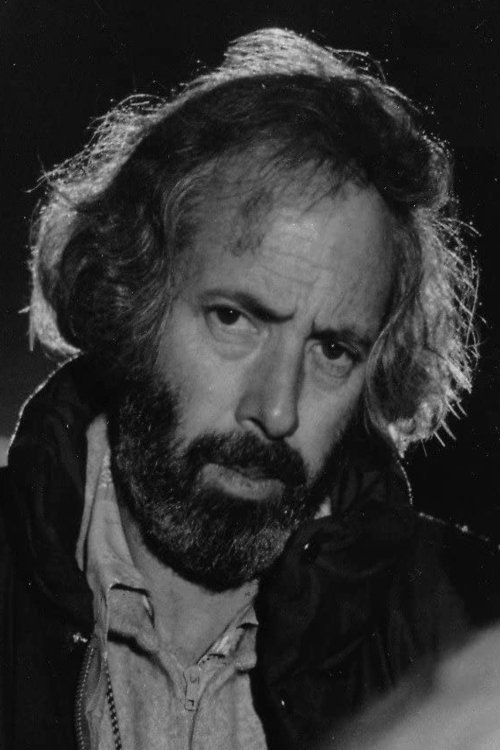
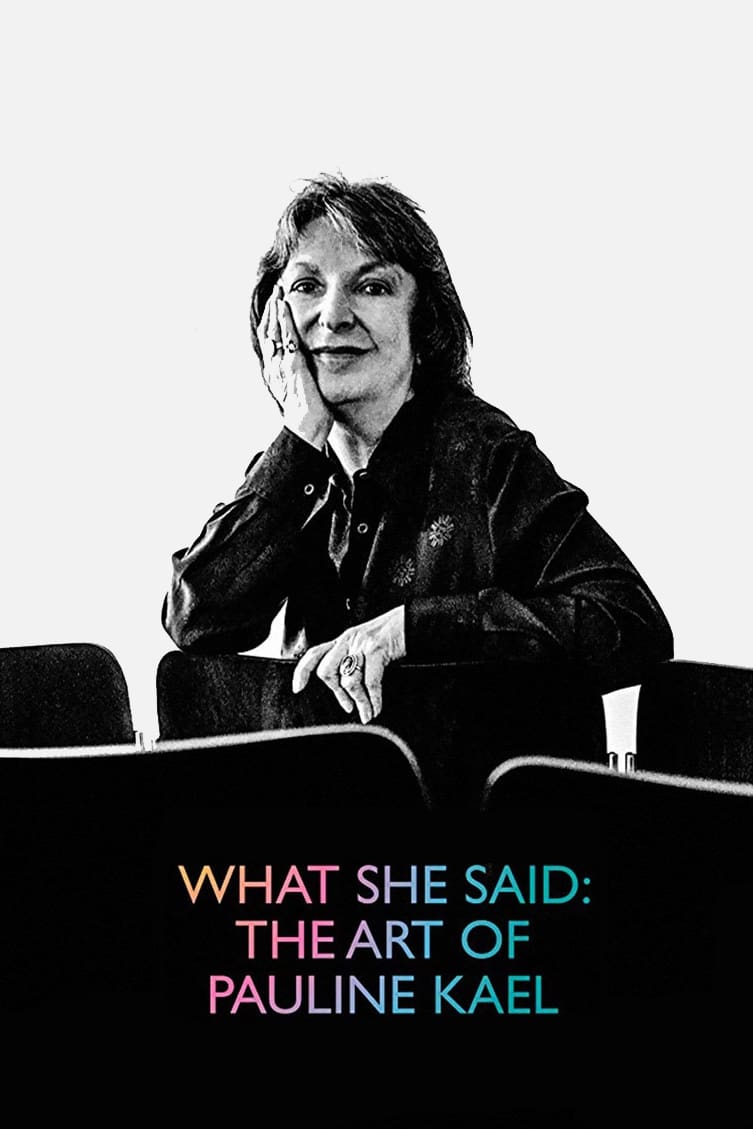
Pauline Kael (1919–2001) was undoubtedly one of the greatest names in film criticism. A Californian native, she wrote her first review in 1953 and joined ‘The New Yorker’ in 1968. Praised for her highly opinionated and feisty writing style and criticised for her subjective and sometimes ruthless reviews, Kael’s writing was refreshingly and intensely rooted in her experience of watching a film as a member of the audience. Loved and hated in equal measure – loved by other critics for whom she was immensely influential, and hated by filmmakers whose films she trashed - Kael destroyed films that have since become classics such as The Sound of Music and raved about others such as Bonnie and Clyde. She was also aware of the perennial difficulties for women working in the movies and in film criticism, and fiercely fought sexism, both in her reviews and in her media appearances.
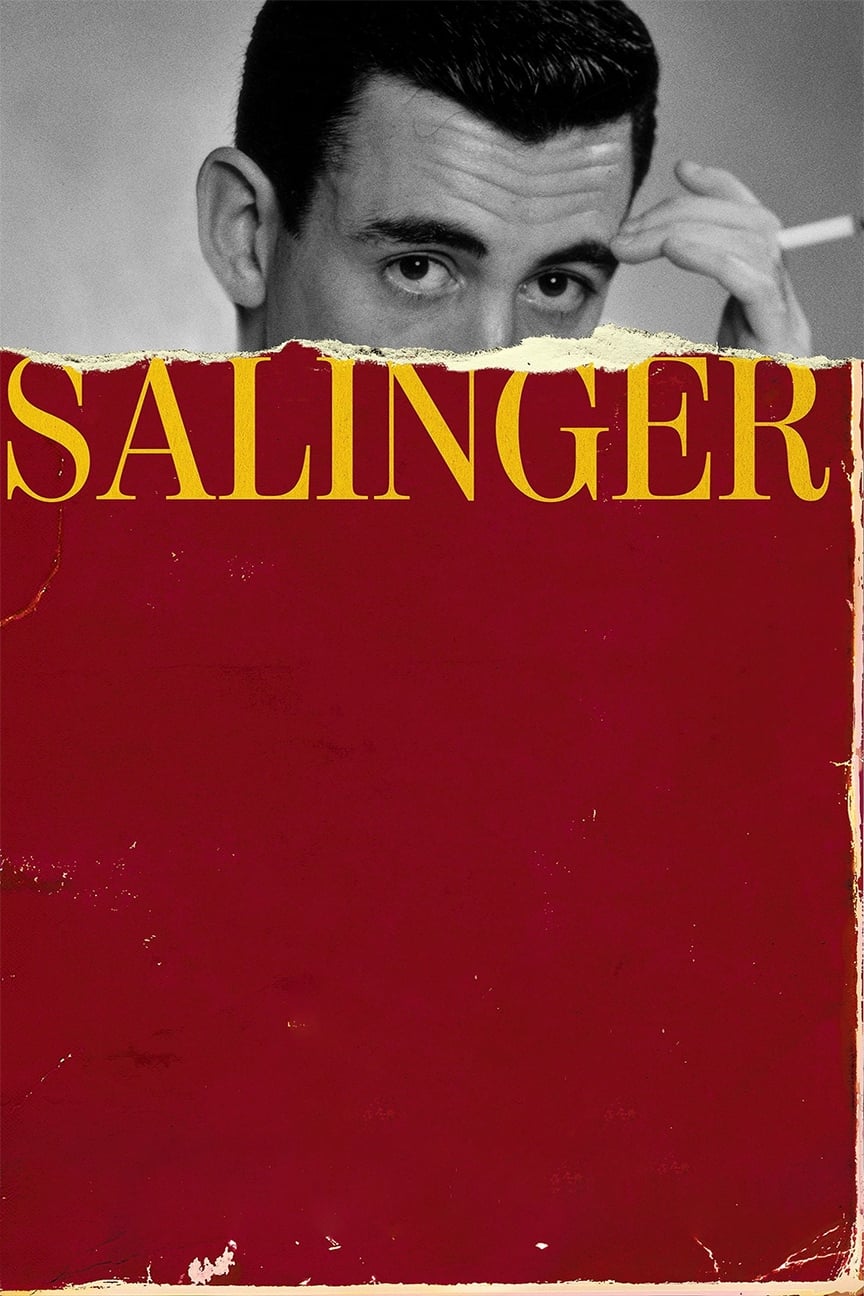
An in-depth investigation into the private world of the American writer J. D. Salinger (1919-2010), who lived most of his life behind the impenetrable wall of a self-imposed seclusion: how his dramatic experiences during World War II influenced his life and work, his relationships with very young women, his obsessive writing methods, his many literary secrets.
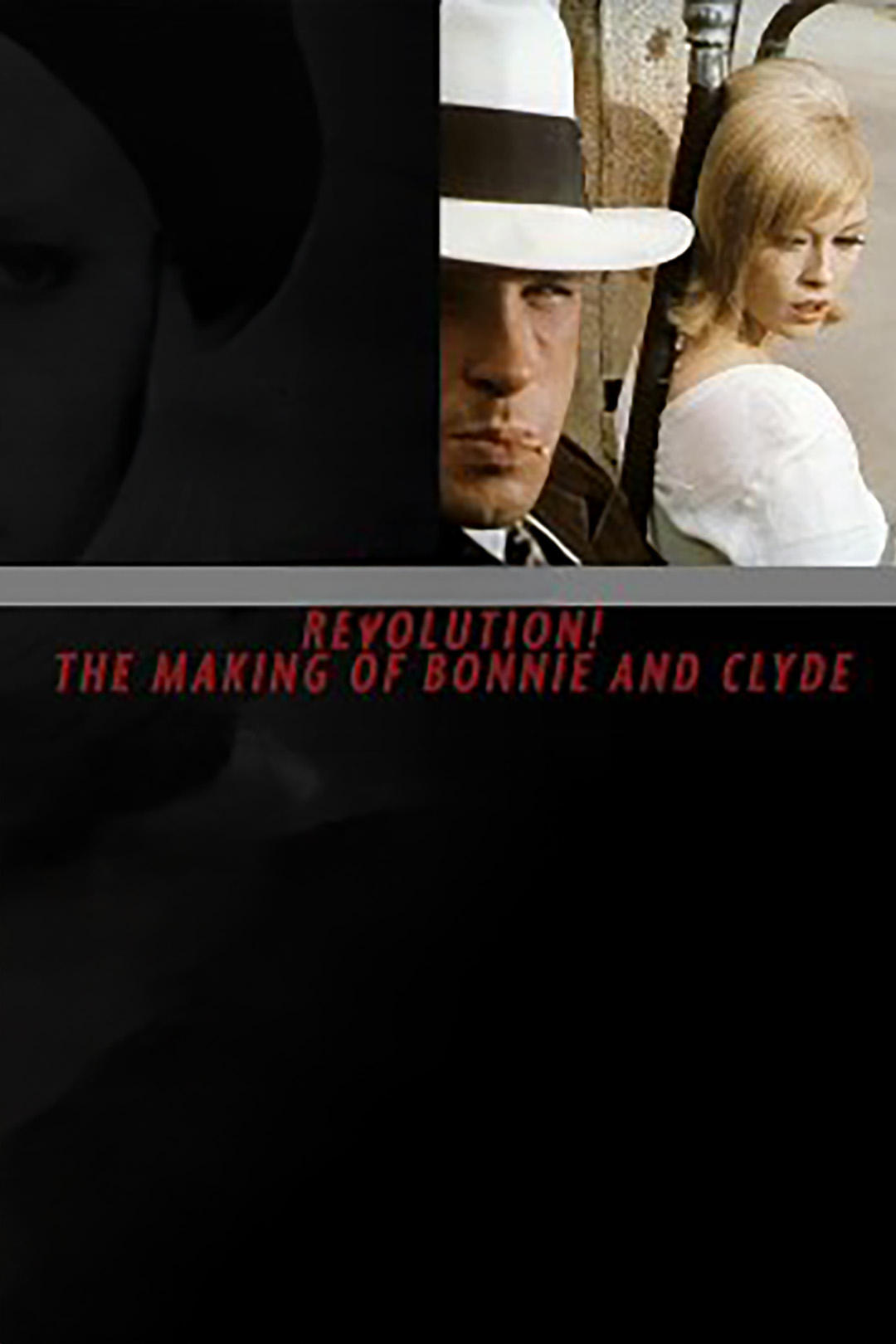
The making-of documentary of Bonnie and Clyde.
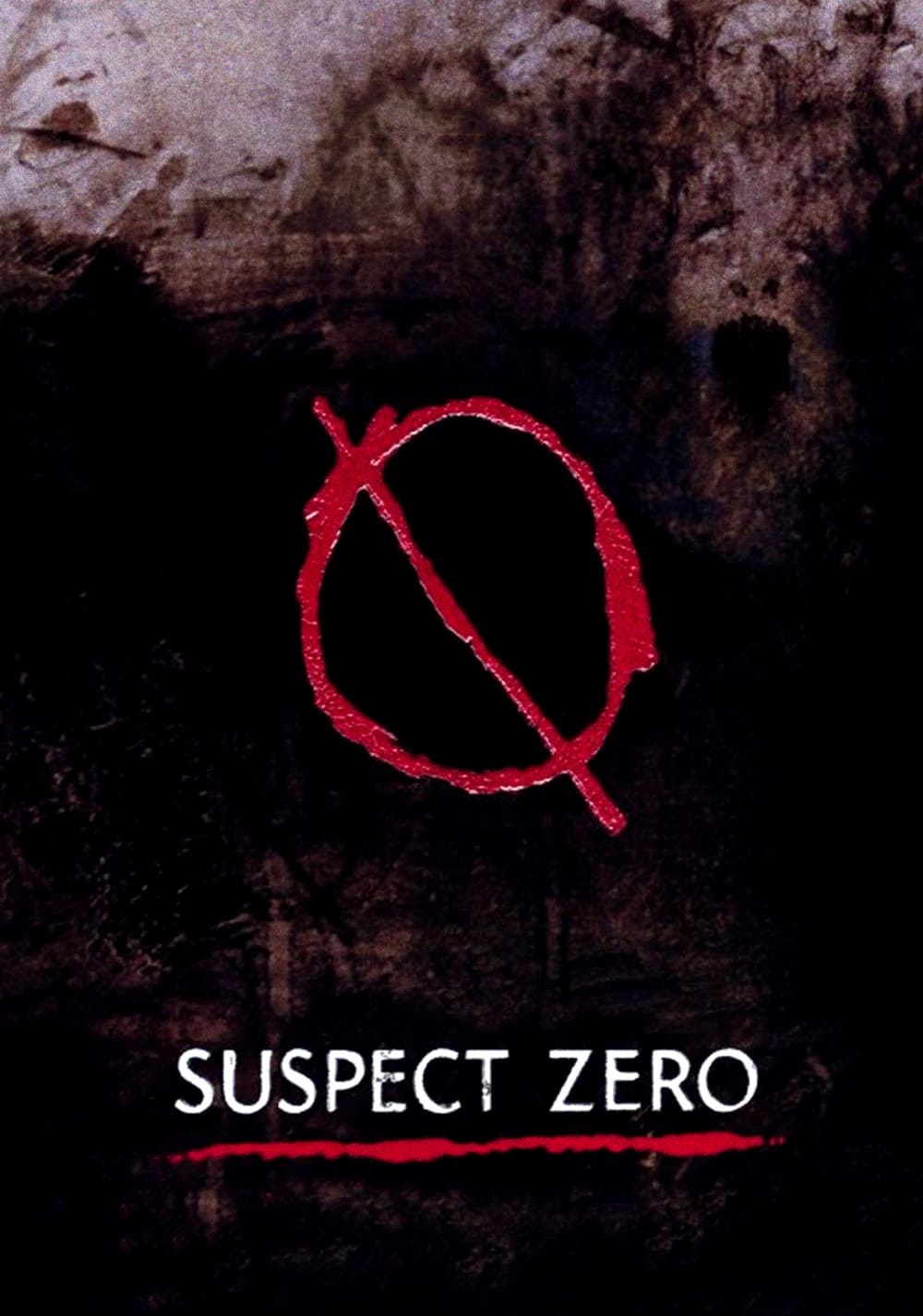
A killer is on the loose, and an FBI agent sifts through clues and learns that the bloodthirsty felon's victims of choice are other serial killers.

There are some movies that are so bad they're good. And there are some movies that are so bad- that they're just bad...
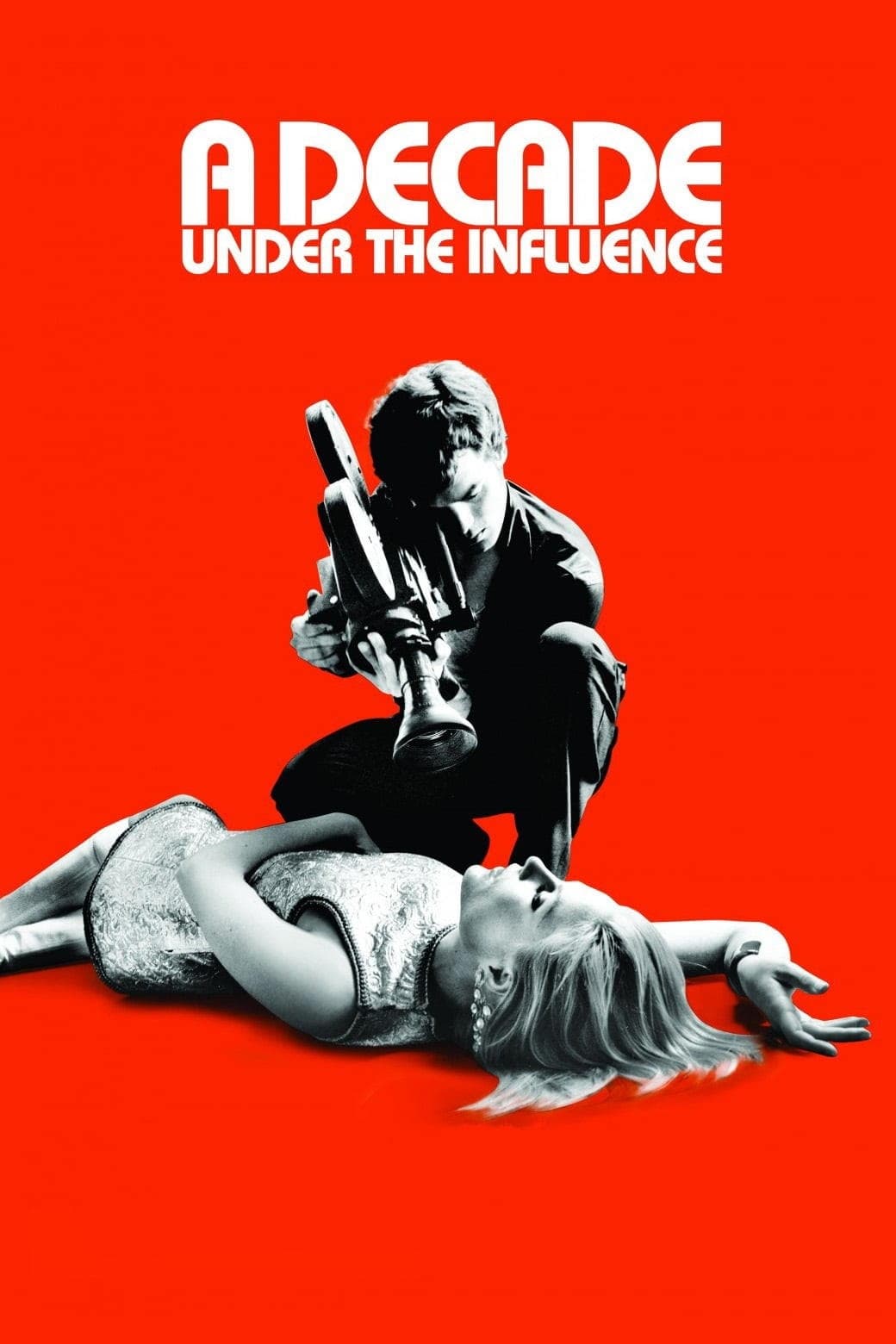
A documentary examining the decade of the 1970s as a turning point in American cinema. Some of today's best filmmakers interview the influential directors of that time.
illustrates how directors pushed boundaries and altered the art of filmmaking during the turbulent, swinging 1960s. Narrated by Woody Harrelson, "Reel Radicals" features clips from such seminal films as Arthur Penn's "Bonnie and Clyde" (1967); Mike Nichols' "The Graduate" (1967); Dennis Hopper's "Easy Rider" (1969); John Frankenheimer's "The Manchurian Candidate" (1962); Stanley Kubrick's "Dr. Strangelove" (1964) and "2001: A Space Odyssey" (1968); John Schlesinger's "Midnight Cowboy" (1969); Richard Brooks' "Elmer Gantry" (1960) and "In Cold Blood" (1967); and Norman Jewison's "In the Heat of the Night" (1967) and "The Thomas Crown Affair" (1968). Frankenheimer, Jewison, Hopper, Schlesinger, Penn, Buck Henry, Paul Mazursky, Roger Corman and Arthur Hiller are among the filmmakers who discuss the decade.
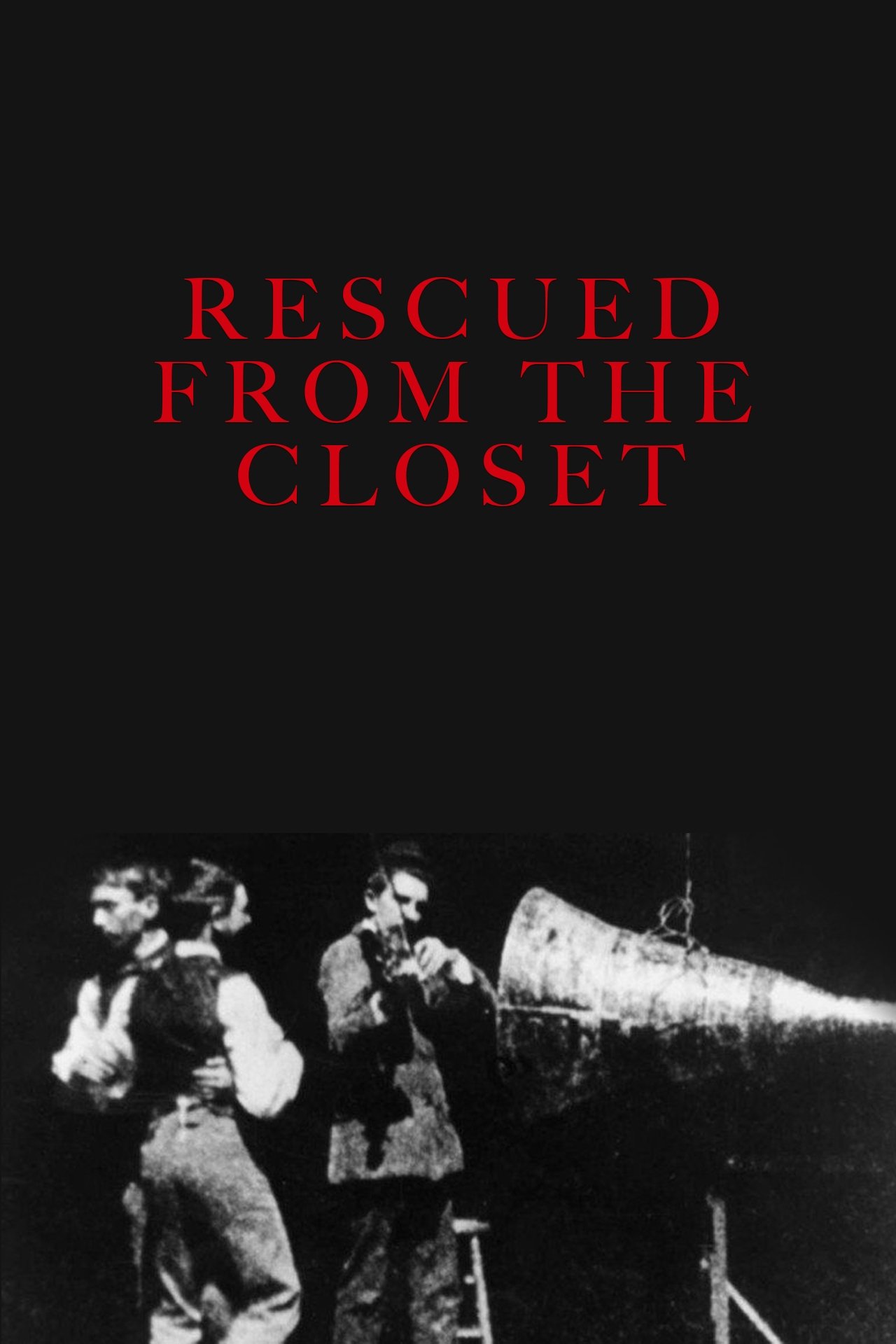
Rescued from the Closet is a 2001 documentary consisting of interviews originally recorded for the 1995 film The Celluloid Closet. It explores the history and impact of LGBT representation in cinema, providing insights into the portrayal and evolution of LGBT characters and themes within the film industry.
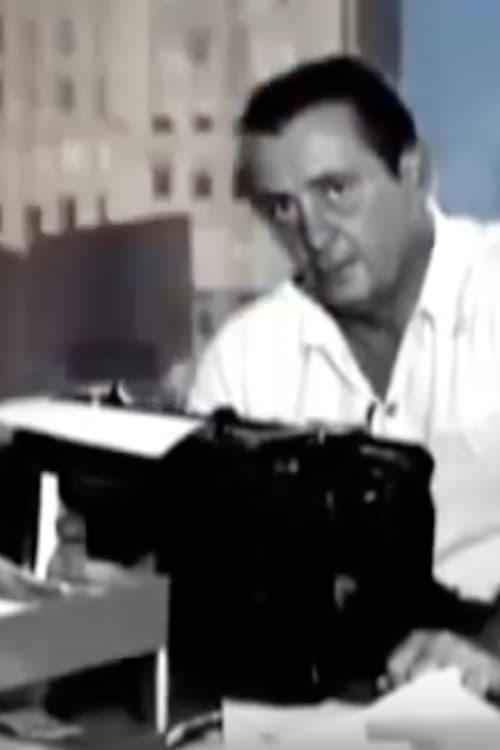
About a largely unsung writer of the twentieth century: John Fante, the renegade author whose highly autobiographical novels illustrate his deep-rooted love of Los Angeles and his struggles working through poverty and prejudice.
Robert Towne (born Robert Bertram Schwartz; November 23, 1934 - July 1, 2024) was an American screenwriter, producer, director and actor. He was part of the New Hollywood wave of filmmaking. He is best known for his Academy Award-winning original screenplay for Roman Polanski's Chinatown (1974), which is widely considered one of the greatest screenplays ever written. He later said it was inspired by a chapter in Carey McWilliams's Southern California Country: An Island on the Land (1946) and a West magazine article on Raymond Chandler's Los Angeles. Towne also wrote the sequel, The Two Jakes (1990); the Hal Ashby comedy-dramas The Last Detail (1973) and Shampoo (1975); and the first two Mission: Impossible films. Towne directed the sports dramas Personal Best (1982) and Without Limits (1998), the crime thriller Tequila Sunrise (1988), and the romantic crime drama Ask the Dust (2006).
By browsing this website, you accept our cookies policy.